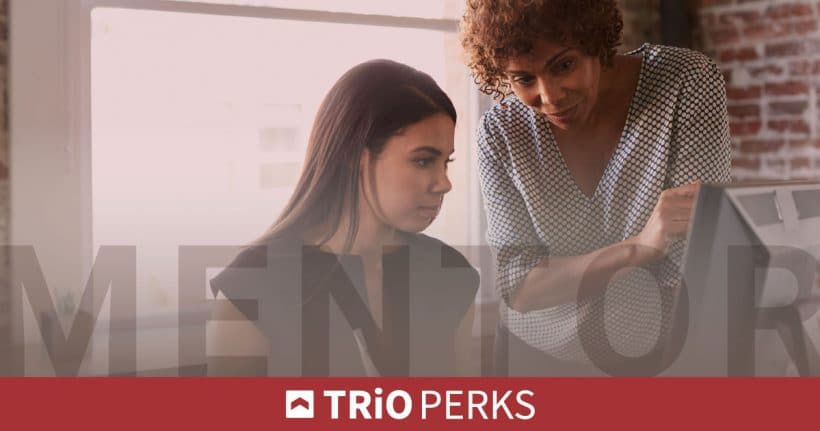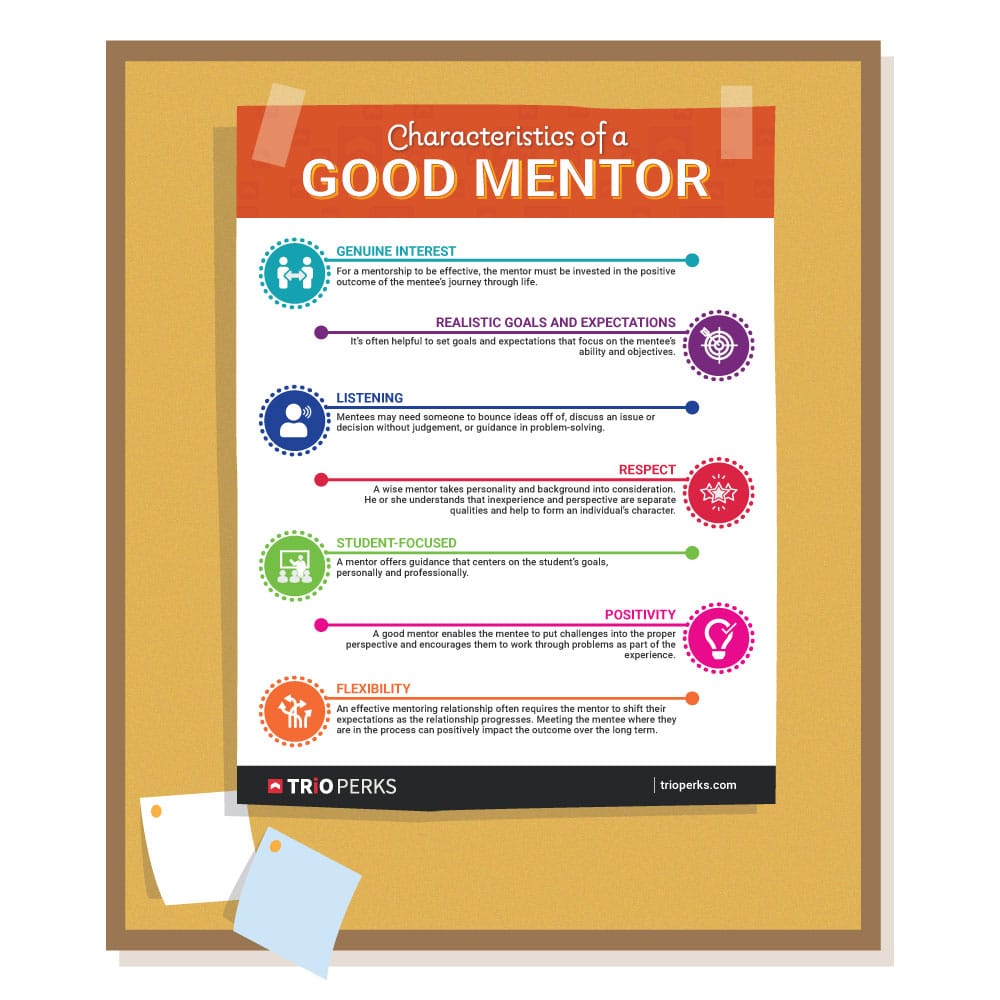
“If you ask any successful businessperson, they will always (say they) have had a great mentor at some point along the road.”
–Richard Branson
A mentoring relationship has the potential to profoundly impact the lives of both the mentor and mentee. History is filled with mentoring relationships between accomplished individuals, including Sir Richard Branson above.
But you don’t have to be wealthy, famous, or an industry leader to be a successful mentor. You just have to be willing and able to be present in the life of a young person, guiding them toward their goals and dreams.
What a Mentor Does
A mentoring relationship can take many forms, depending on the environment in which it’s created. Some mentoring programs are designed to provide disadvantaged children with role models. In the business world, mentors help young people to learn and grow in a specific field or industry. Other mentoring relationships help individuals realize personal or private goals. For mentors in the educational space, mentoring can combine elements of all of these relationships. These mentors:
- Help students stay on track academically
- Inspire greater educational goals
- Help improve behavior and attendance
- Provide a listening ear for a student’s personal concerns
- Encourage students to consider possible careers
Mentoring enables a young person to establish the skillset necessary for personal growth and development and allows them to connect with social and economic opportunities.
Characteristics of a Good Mentor
The relationship between a mentor and mentee is unique. There is no formula for a successful mentoring relationship, apart from a foundation of mutual trust and the formation of a bond between two individuals. Good mentors typically exhibit these seven characteristics:
1. Genuine Interest
At its core, the mentoring relationship is a personal connection between two individuals who are at different places in their lives. For a mentorship to be effective, the mentor must be invested in the positive outcome of the mentee’s journey through life.
2. Realistic Goals and Expectations
Many times, the mentor filters his or her assessment of their mentee’s progress through a lens of personal perspective. However, it’s often more helpful to set goals and expectations that focus on the mentee’s ability and objectives.
3. Listening
Listening is an important skill for mentors. Sometimes the mentee just needs to bounce ideas off a more experienced individual. Sometimes they need to talk through an issue or decision without judgement. And sometimes the mentee needs a mentor’s experience and guidance in problem-solving.
4. Respect
Although the mentor-mentee relationship is typically between a seasoned individual and an inexperienced individual, a wise mentor takes personality and background into consideration. They understand that inexperience and perspective are separate qualities and help to form an individual’s character.
5. Student-Focused
A mentor offers guidance that centers on the student’s goals. For those guiding a student into a career field or helping an individual to grow both personally and professionally, focusing their efforts on the outcome can create success.
6. Positivity
The journey of an individual toward his or her goals is rarely without struggle. A good mentor enables the mentee to put these challenges into the proper perspective and encourages them to work through problems as part of the experience.
7. Flexibility
An effective mentoring relationship often requires the mentor to shift their expectations as the relationship progresses. Meeting the mentee where they are in the process can positively impact the outcome over the long term.

Becoming a Good Mentor
For students in the K-12 space, having a mentor can impact their academic career in numerous ways, from increasing attendance and improving grades to putting students on the path toward higher education. For students in college, mentoring can be one of the biggest factors in persistence, academic achievement, and degree completion. Those who find a mentor in the workplace report greater career satisfaction as well as increased personal and financial success.
When you decide to become a mentor, it’s important to realize that mentoring is as much a process for you as it is for your mentee. While you have the advantage of your experience, there are still things to learn. Like any positive relationship, the mentor/mentee relationship can be transformative for both parties.
TRIO programs connect students to individuals who can serve as mentors at all levels. Some programs have a formal process for establishing a mentor/mentee relationship. Others encourage such connections to form naturally and over time. Regardless, the best mentors are ones who exhibit the traits described above. Identifying these characteristics among faculty and staff can help you to recruit the most effective mentors for your students!
TRiO Perks because TRIO Works!
